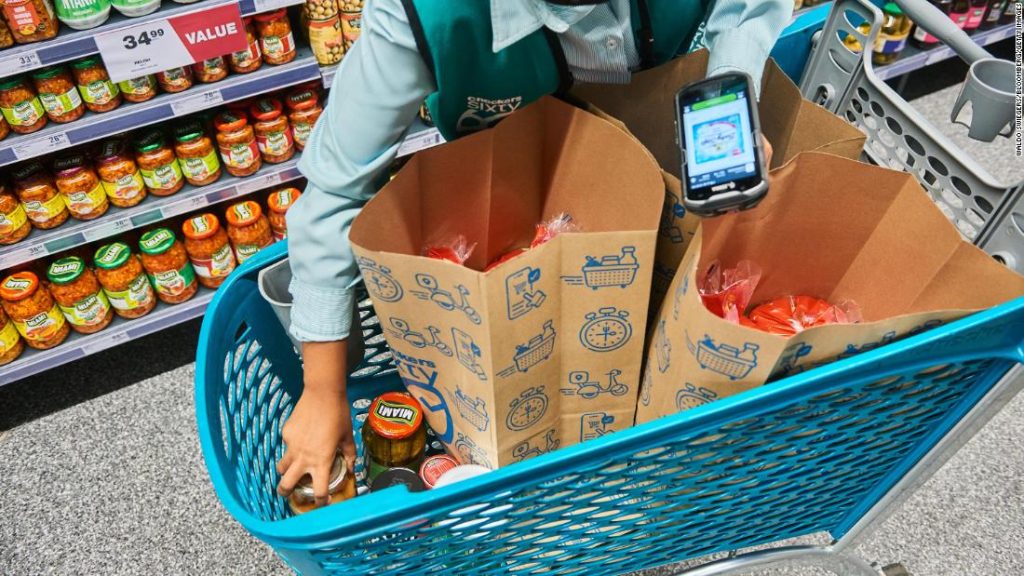Higher food prices and slumping trade. How the war in Ukraine could hit Africa

African economists sound the alarm over a looming and likely catastrophic lowering of trade volumes between the continent and its warring partners if Russia’s widely condemned incursion into Ukraine isn’t short-lived.Russia and Ukraine are key players in the global agricultural trade, with both nations accounting for a quarter of the world’s wheat exports, including at least 14 percent of corn exports in 2020, and a joint 58 percent of global sunflower oil exports in the same year, Africa’s biggest economies such as Nigeria, Egypt, South Africa, Algeria, and Kenya are major importers of Russia’s agricultural exports, putting them at risk of further spikes in food prices if trade is disrupted.Sihlobo adds that sanctions targeted at Russia could also complicate Africa’s exports.”Africa exports fruits and vegetables to Russia and Ukraine. Seven percent of South Arica’s citrus goes to Russia, 14 percent of South Africa’s apples and pears goes to Russia. Egypt and Tunisia also export fruits and vegetables to Russia. The challenge with all of these countries is that with all of the sanctions that are placed on Russia by the US and European countries, it influences the financial services sector… even if the logistics will not be immediately affected, it will disrupt the payment system to all of the exporting countries to Russia,” he told CNN.Development economist Ndumiso Hadebe agrees that “Africa is likely to see disturbances in the supply chains that pertain to goods and services that are exported and imported between Russia and Africa” as Russia is However, Russia has denied links to private military contractors such as the Wagner Group, which is accused of the abuses.Hadebe told CNN that arms trade is “one of the key features that have defined the trade relationship between Russia and Africa.””Russia is the largest exporter of weapons to sub-Saharan Africa in particular.”Africa accounted for 18 percent of Russian arms exports between 2016 and 2020, according to data by the Stockholm International Peace Research Institute.According to Filatova, Russia’s prospects of doubling down on its interests in Africa may be higher in the aftermath of the Ukraine war.”Russia will be much more interested in maintaining relations with African countries than it was until now… It has already started to develop these relations but in the situation of the global isolation by the western world, it will definitely try to maintain relations with Africa,” she told CNN.







